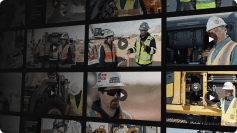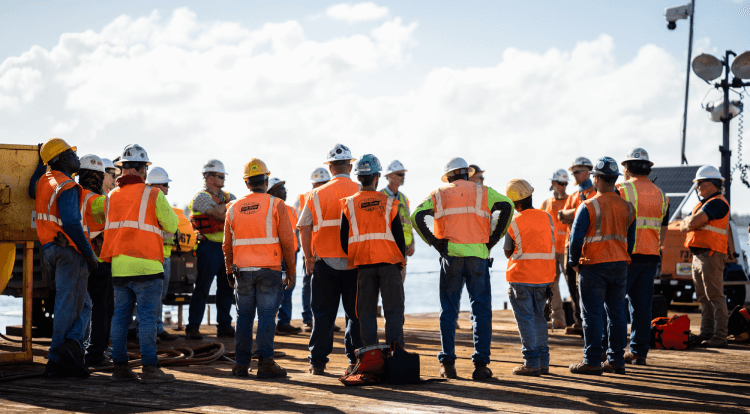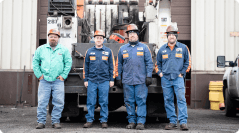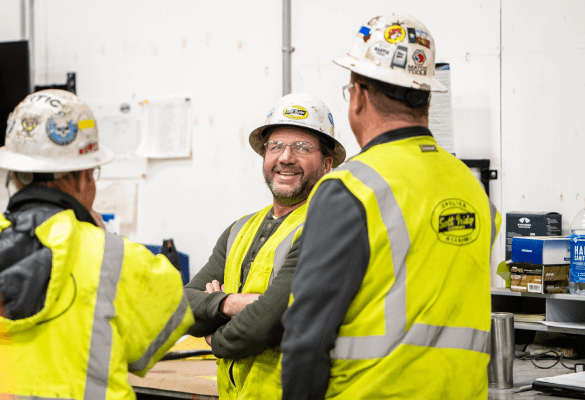Innovate and Adapt
Written by Jocko Willink
December 13, 2022
The Greek philosopher Heraclitus said, “There is nothing permanent except change.” Seeing everything as being in a state of flux, he even went so far as to say, “No man ever steps in the same river twice, for it's not the same river, and he's not the same man.”
Put into modern language, retired Navy SEAL Jocko Willink says, “The battlefield’s gonna change, the market’s gonna change, technology’s gonna change, the industry’s gonna change: Things are going to change. And if you don't innovate, if you don't adapt, you're gonna get left behind.”
U.S. business history is littered with the names of industry leaders and companies — even quite large and established ones — that missed important market signals and were left behind: Blockbuster and BlackBerry are two that come to mind. So how does Jocko believe business leaders in the Dirt World can avoid becoming those kinds of cautionary tales?
Stay humble and keep an open mind
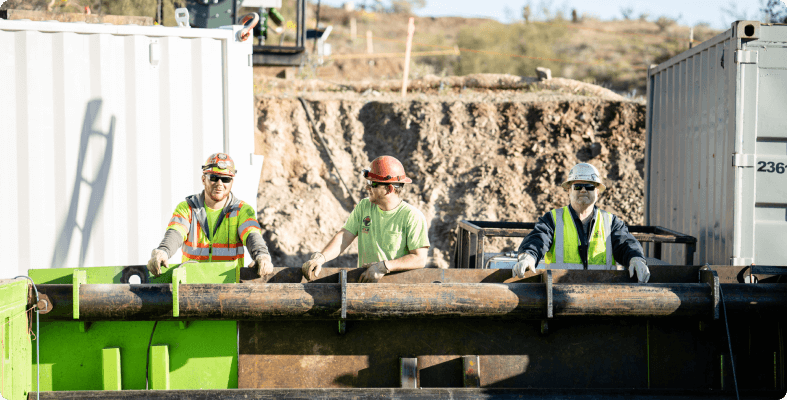
Jocko notes if you don’t adapt, “On the battlefield, you're gonna get killed. In industry, you're gonna get bypassed by other companies.” He also encourages those in the Dirt World to stay humble: “When we think we know everything, and we do everything right, and there's nothing more to learn, no new methodologies or technology is gonna help us. We're gonna be in a bad way.”
Humility and an open mind can help you adapt to the changing culture of the Dirt World workplace. With multiple different generations working side by side, a leader needs to be able to manage individuals who bring their different backgrounds, training, and expectations with them to work.
The youngest entrants — those referred to as Gen Z, born from roughly 1997 to 2012 — were raised on smartphones and social media and may have very different motivations than their Gen X parents. And younger baby boomers and their children, the often-written-about millennials, may still have other expectations.
There’s also quite a bit of contrast between the older world of construction work and the newer habits of Silicon Valley. Old-school habits may not cut it with today’s workers. The ability to innovate and adapt, over and over, is what will help a business succeed. Or, as Jocko so gracefully puts it, “If you don’t do it, you get crushed.”
Take care of your people and help them grow
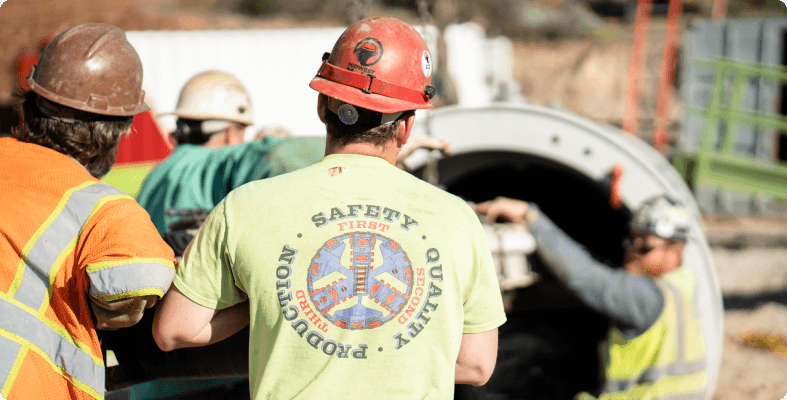
No matter what generations you and your workers hail from, it’s likely that all of you are seeking a work environment in which you can succeed. Innovating and adapting is not about making the work easier but acknowledging that workers and workplaces change. All the time.
Construction is an industry that is strengthened by long-term commitments to the work. True craftspeople don’t develop overnight, and each worker brings their own special knowledge to a new project. Smart businesses learn how to onboard people and take care of them, including how to educate them and provide clear career paths.
Jocko says companies “learn how to give them the things that they need to make this their life. There'll be some companies that figure that out. There'll be some companies that don't.”
Even massive companies or companies that have been in business for 100 years or more need to take a lesson from Heraclitus and learn to change. The businesses that thrive will be those that realize their people are their greatest asset and that those people need to be taken care of.
For Jocko, it’s about giving people control over their destiny: “It’s not a big deal to tell someone that's an 18-year-old laborer, ‘Hey, we're happy you're working here. And we know it's hard work, and we appreciate it. And you know what your future holds for you? It could hold more hard work, but it also could hold opportunities. Here's what we want to do. Here's how we want to educate you. Here's some things that we want to invest back into you.’”
Lead the change

As the saying goes, what got you here won’t necessarily get you there. The ability to innovate and adapt is not optional or a “nice to have” in the modern Dirt World. Change happens both within and outside the industry, and your job is to lead it. To do that, you must:
- Acknowledge that the workforce is made up of many different types of people with multigenerational needs and assumptions.
- Stay alert to opportunities to change directions and to do so quickly.
- Explain the mission or the “why” of what your workers are doing and make clear the career progression they can expect.
Adaptation is the key as the world continues to change. If you don’t change with it, you will face problems sooner rather than later. Jocko points to companies that didn't adapt to what was right in front of them: “Sure, you can say, ‘Hey, we're gonna keep doing it the way we've been doing it.’ That's not a smart long-term play, even if you've been around for 100 years.”
Takeaway
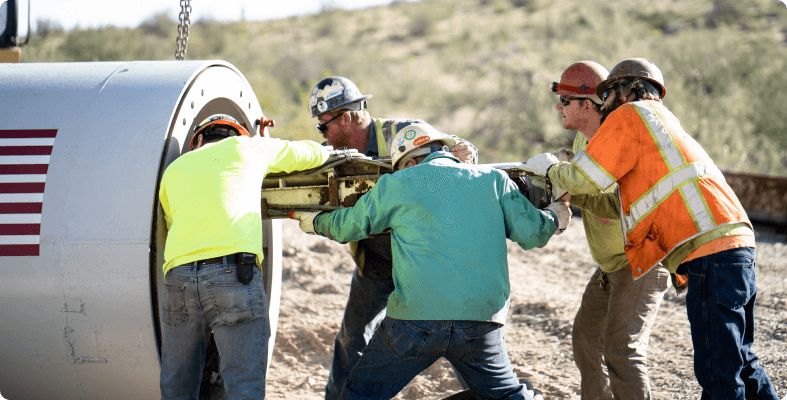
The goal is to help your company—and the industry—thrive long after you retire. Not leave it, just barely clinging to life.


